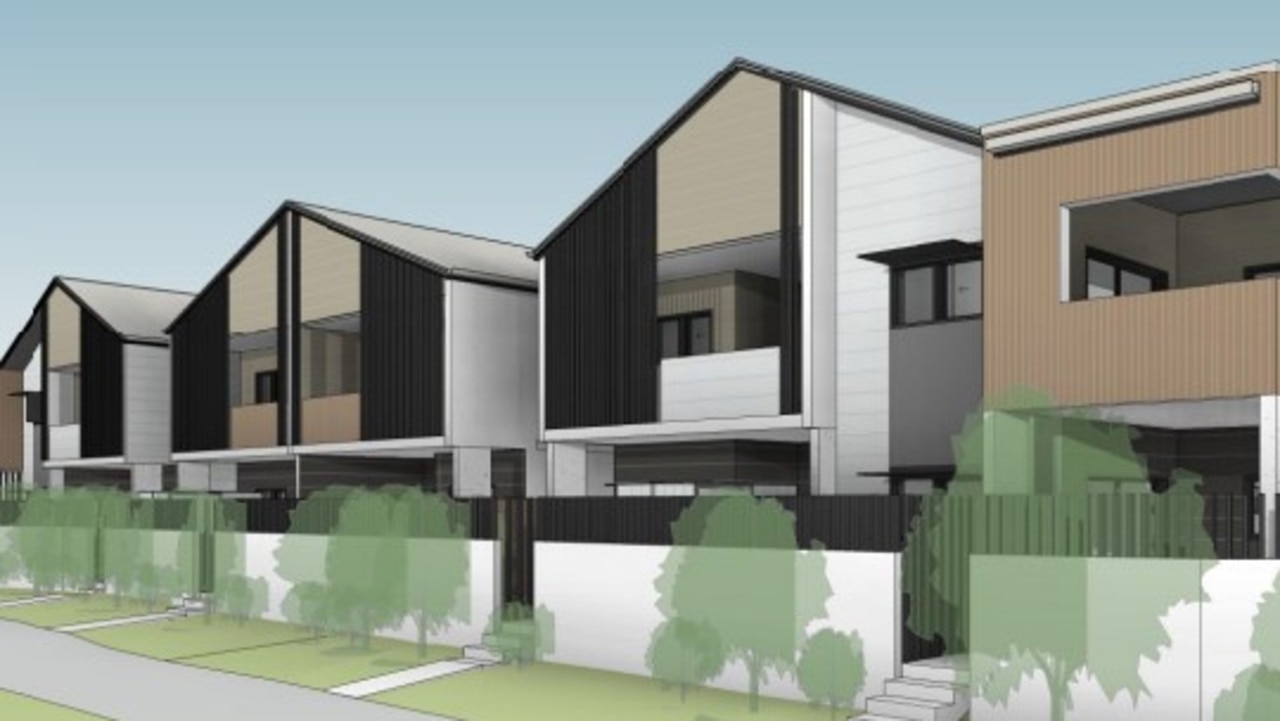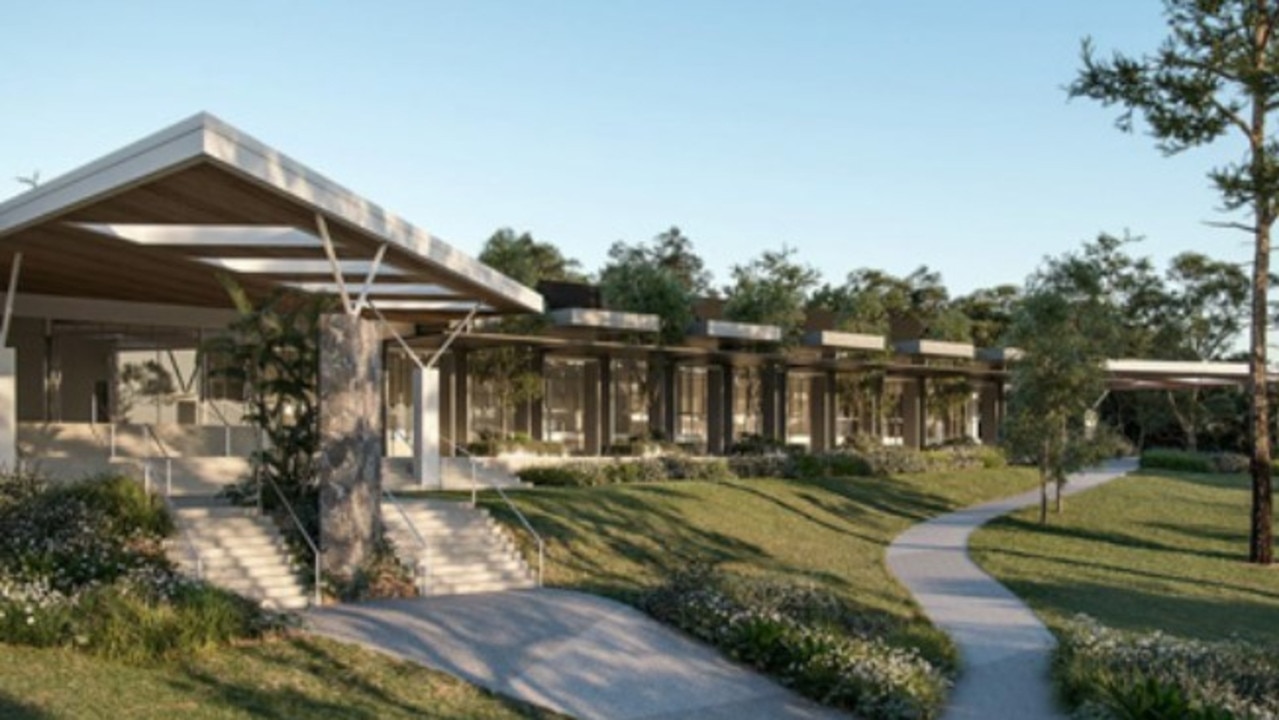Short-term accommodation rate rise by council slammed as a ‘tourism tax’
Investors have been slapped with rate hikes of up to 50 per cent across every holiday apartment and home on the Sunshine Coast in what has been labelled a “tourism tax”.
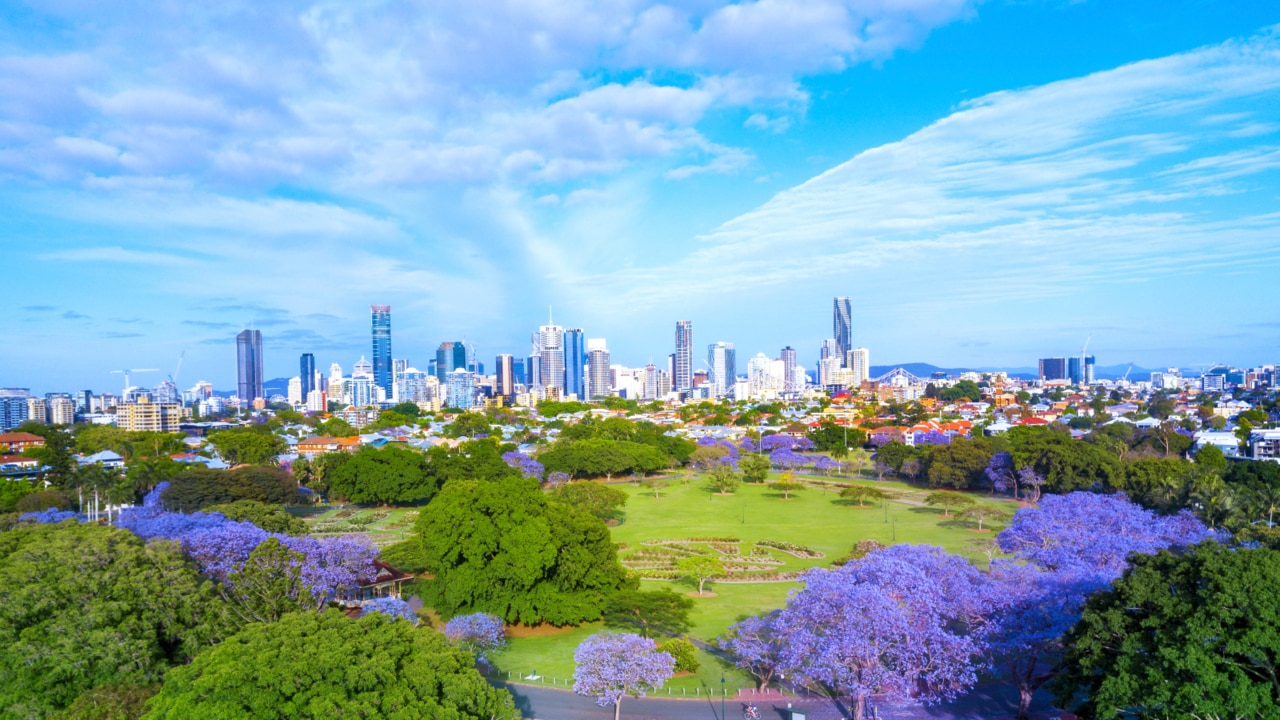
Property
Don't miss out on the headlines from Property. Followed categories will be added to My News.
Rate hikes on holiday homes and units have been labelled a “tourism tax” with owners expressing their shock as the Sunshine Coast Council notices come in.
Brett Thompson, Landmark Resort’s general manager, said the average increase of 46 per cent to holiday accommodation was a way for council to impose a “tourism tax”.
“They’ve put a carte blanche blanket over every short term rental and it’s affected every tourist apartment on the Sunshine Coast so it’s nothing but a tourism tax,” he said.
Mr Thompson, who also represents Mooloolaba on the Visit Sunshine Coast Sub-Regional Tourism panel, said owners at Landmark and other tourism operators had come to him in shock.
“There’s horror, a 46 per cent increase is horrific for these people because obviously with the cost of living at the moment and the cost of body corporate levies,” he said.

“Obviously this wasn’t budgeted for because this was done without any consultation with the tourism industry.”
Mr Thompson said he had crunched the numbers and council would receive millions more in rates revenue from the move.
“I estimate there is probably about 10,000 short-term accommodation properties between holiday accommodation and private AirBnBs,” he said.
“On an average increase of about $1300 it’s about $13m that the council will recoup from tourist accommodation.
“Where are those dollars going? Are they going back into the tourism industry?”
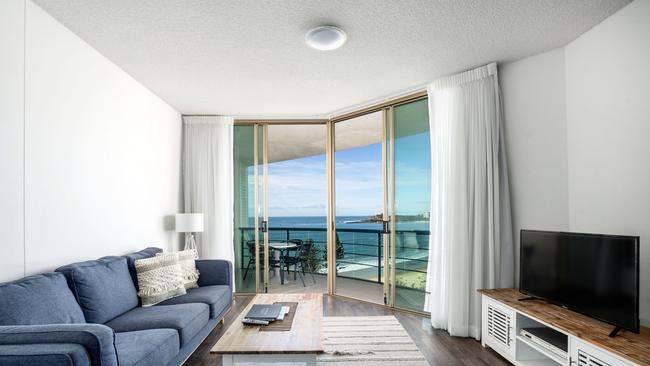
Although the Sunshine Coast Council has not yet responded to questions, at the general meeting on Thursday Mayor Mark Jamieson said council did not “collect rates from ratepayers with a view to investing that in housing”.
Mr Jamieson had told the Daily earlier this month that the rates increase would make the Sunshine Coast consistent with other South East Queensland tourism destinations and to tackle the challenge of a long-term rental shortage.
He said the shift from long-term rental to short-term accommodation for many properties had contributed to the tightening of the rental market.
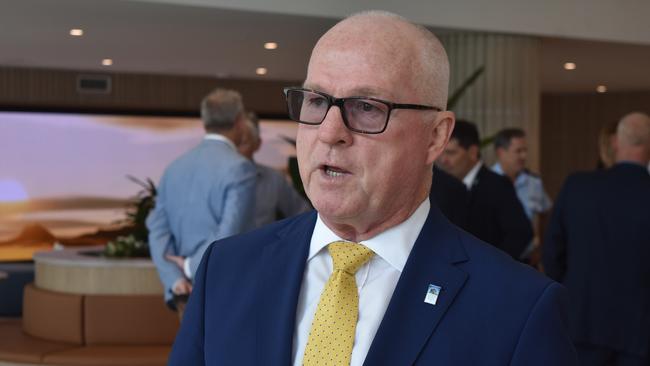
Councillor David Law said at Thursday’s meeting that the media had not been supportive of the move to increase the rates.
“We haven’t been particularly supported by the media I might add, who focus on the 50 per cent increase on rates for short-term accommodation properties,” he said.
“You could rent in a peak holiday period for $7000 a week but people are complaining that the rates on a short-term accommodation have gone up by just a few hundred dollars per year which is easily covered by one weekend’s rental.
“Of course that gives us funds to provide the operational funding for Visit Sunshine Coast, that brings the visitors in to be able to rent out the holiday property so it’s actually a really good return on their investment.”

Mr Thompson said council’s efforts to target the Airbnb housing sector had caused them to unwittingly penalise the tourism industry by putting resorts and holiday apartment buildings in the same category.
“The ironic thing about the council is they spend millions of dollars a year of ratepayers money in annual funding to Visit Sunshine Coast,” he said.
“On one hand they’re promoting tourism and on the other hand they are saying don’t rent your apartments to tourism.
“It’s robbing Peter to pay Paul.”



